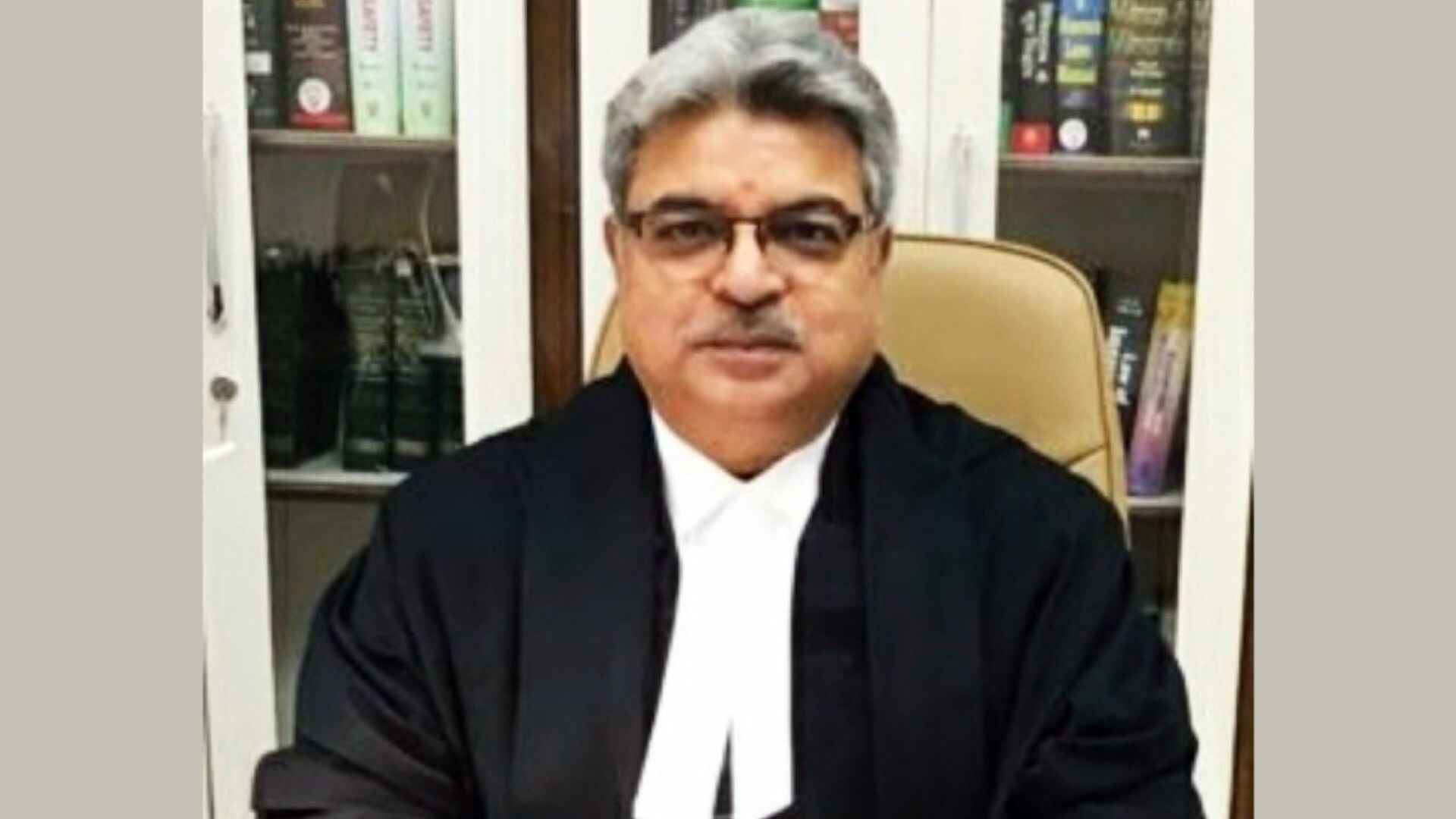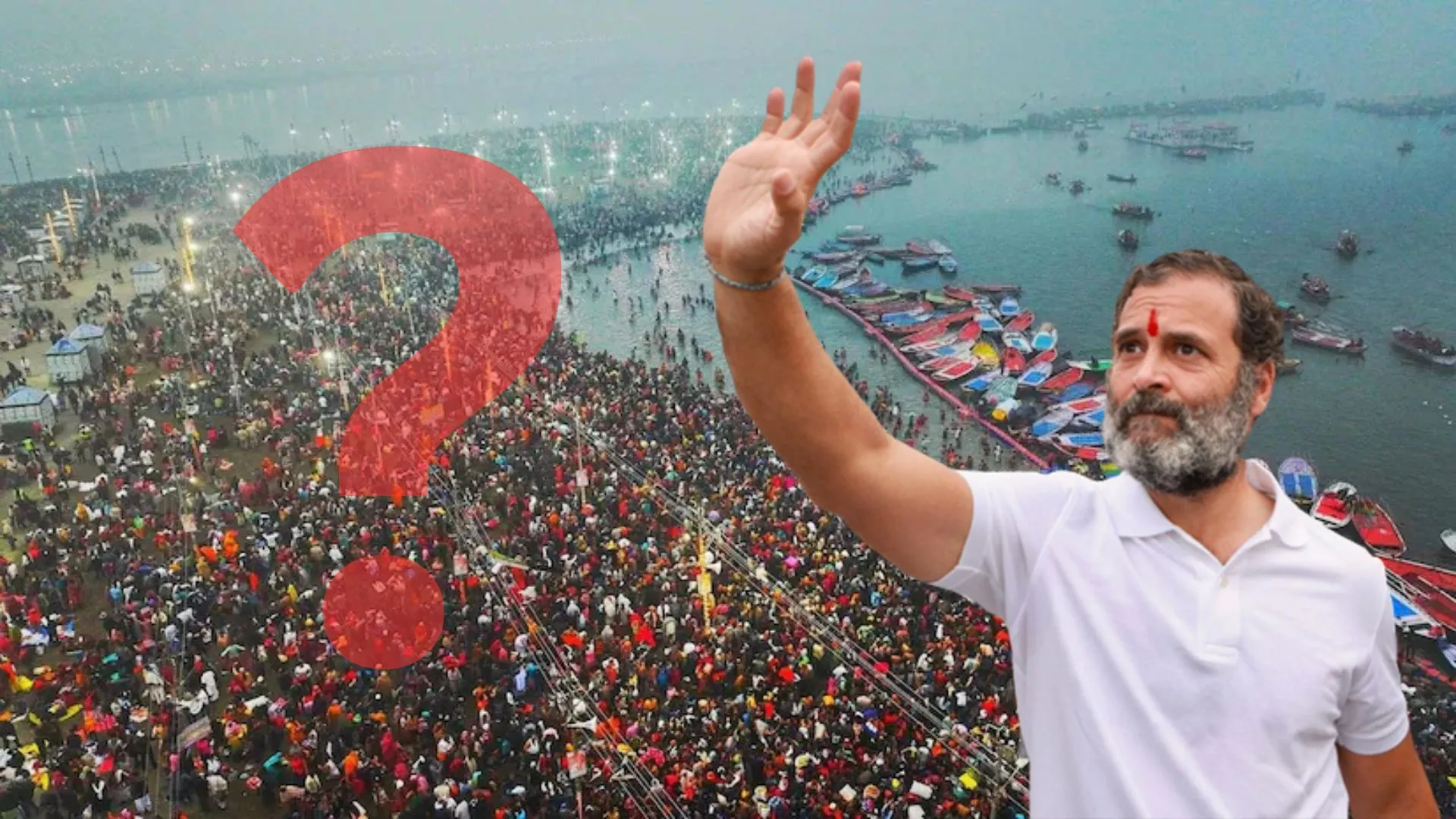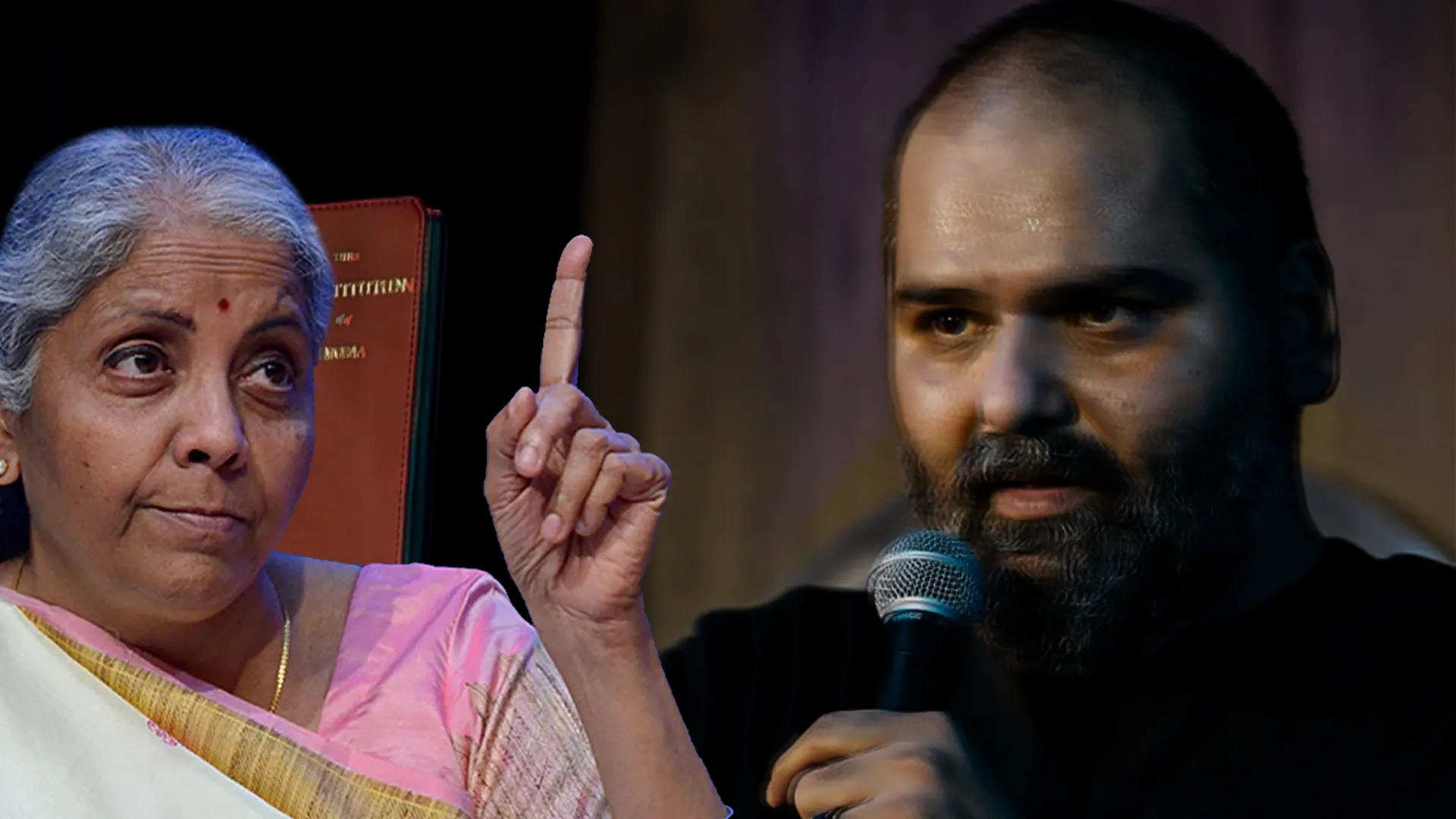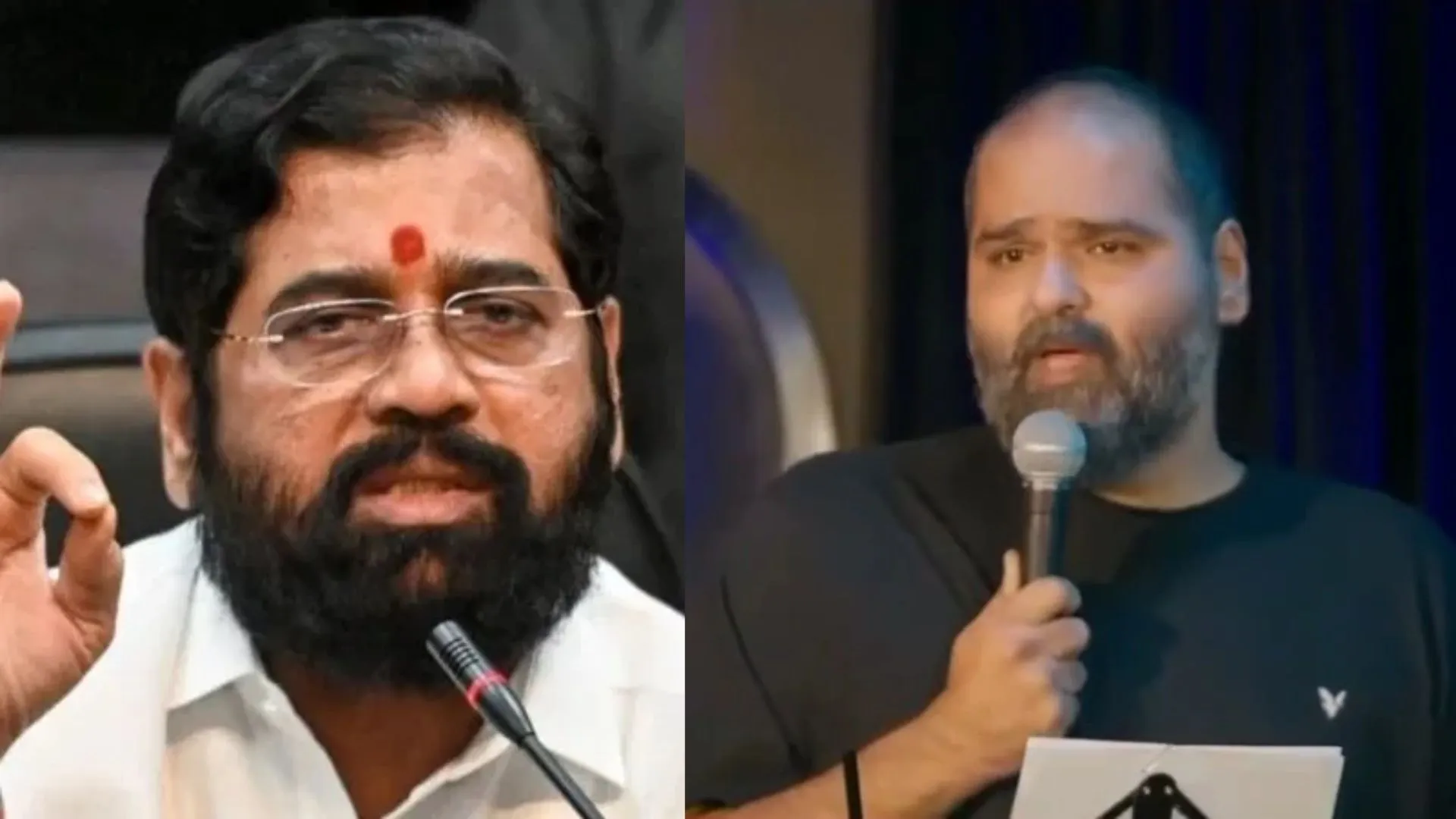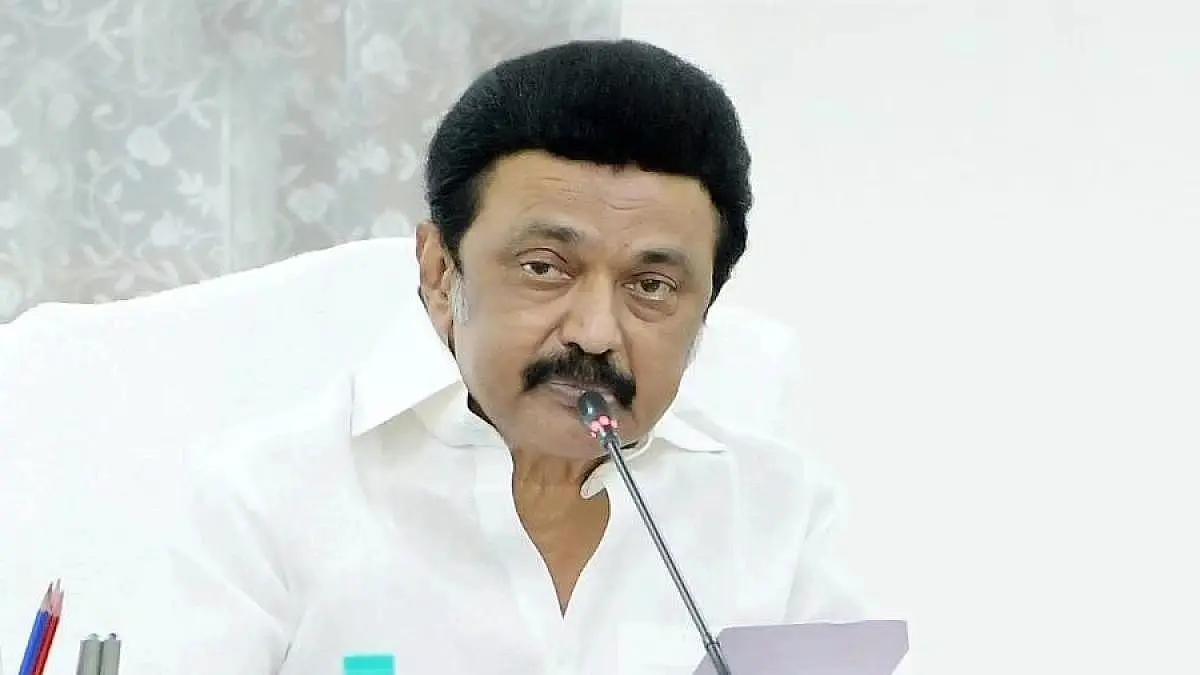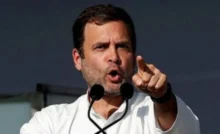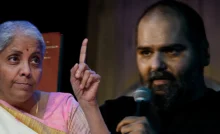Former Madhya Pradesh High Court judge, Justice Rohit Arya, who recently joined the Bharatiya Janata Party (BJP), stated on Sunday that his “thinking aligns with the philosophy of the BJP.” In an interview with Live Law, Justice Arya mentioned that he was invited to a seminar by the Madhya Pradesh BJP, where party members encouraged him to become associated with the party.
“I was overwhelmed, and I didn’t say no,” he was quoted as saying.
Justice Rohit Arya was appointed as a judge of the Madhya Pradesh High Court on September 12, 2013, and was made a permanent judge on March 26, 2015.
He handled several high-profile cases, notably denying bail in 2021 to comedians Munawar Faruqui and Nalin Yadav, who were accused of offending religious sentiments during a New Year event in Indore.
The Supreme Court later overturned the high court’s decision and granted bail to Faruqui.
Reflecting on this, Justice Arya said, “Mera manna hai ki agar aap bhawnaon ko thes pahunchayenge, to aapko sabak milna chahiye. Ab us case ka Supreme Court mein jakar kya hua, uspe mujhe kuch nahin kehna. (I believe that if you hurt sentiments, you should be taught a lesson. I don’t want to comment on what happened in the Supreme Court.)”
In 2020, Justice Arya gained attention for a controversial bail order. He granted bail to an accused in a molestation case under the condition that he visit the complainant on Raksha Bandhan to have a “rakhi” tied on his wrist, symbolizing a brother-sister relationship. This decision was heavily criticized and subsequently overturned by the Supreme Court, which issued guidelines on handling similar bail petitions.
Commenting on the order, he said, “Section 354 IPC ka mamla tha, halanki (accused ne victim ka) bas hath hi pakda tha, no doubt nahin karna tha lekin dono ek hi gaon ke the, maine socha matter aapsi sulah se khatm ho jaaye. Victim-accused ke beech patch-up ho jaaye. (It was a case under Section 354 of the IPC. Although the accused only held the victim’s hand, there was no doubt that it shouldn’t have happened. However, both were from the same village, so I thought it would be better for the matter to be resolved amicably. I wanted a patch-up between the victim and the accused.)”


